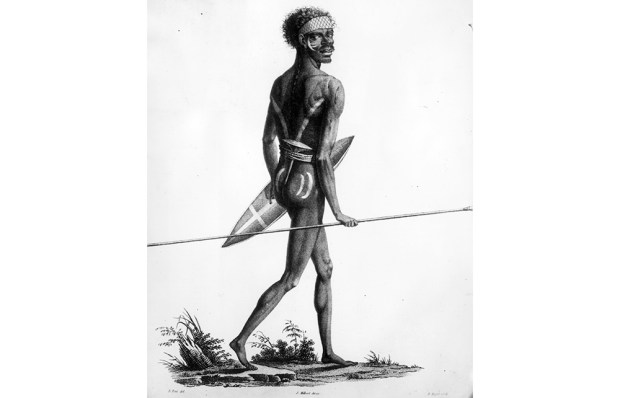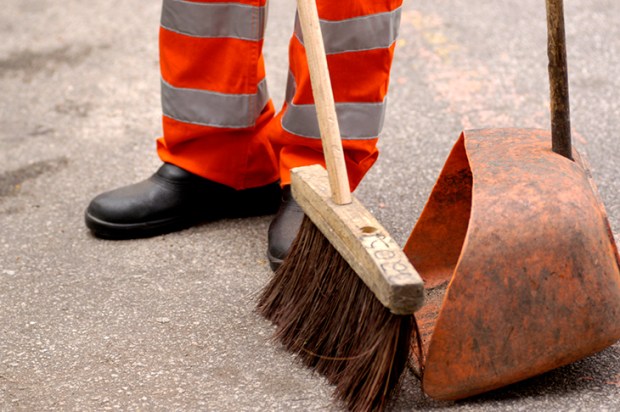I happened to be in London when the UK’s Supreme Court confirmed what many people have long suspected about women and penises. I happened also to be staying at a club whose members voted recently to continue to restrict membership to the naturally bepenised. As such it is probably not the kind of institution their lordships had in mind when they issued their post-ruling warning about the consequences of non-compliance. Even if we had voted unanimously to start admitting women last year, and even if the Supreme Court ruling had gone the other way last week, I am confident that none of us, however deeply we had drunk of the club’s excellent claret, would ever contemplate identifying as female to gain access to the bathrooms used by our female guests. It is to guard against precisely this sort of caddishness that the proposing and seconding protocols of old London clubs are so rigorously observed.
Conservatives everywhere will see For Women Scotland’s victory as more evidence of the withering of woke, and a harbinger of similar outcomes in their own courts. But I cannot remember the last time Australian law bowed to British precedent, and it would be naive to hope that it will do so now. Our constitution may not mandate the separation of powers as clearly as America’s does, but most Australians are thankfully still strangers to lawfare, and with the obvious exception of the Andrews-appointed judiciary of Victoria it is hard to imagine many Australian judges, all of whom have security of tenure until they turn 70, defaulting to the wishes of a one- or two-term administration. At the same time, it would be foolish to underestimate the role of institutional bias. Thanks to the left’s capture of just about every university law faculty in Australia, most of our judges are now as politically progressive as the barristers and solicitors who stand and sit before them. If Mr Albanese retains the keys to the Lodge on 3 May, there will be less pressure than ever on courts to deliver verdicts sympathetic to conservative causes. And even if Mr Dutton were to confound the bookies and pull off the resounding victory he would need to form a majority government, conservative plaintiffs would require a mountain of compelling evidence, a bottomless war chest and an unshakable belief in divine intervention (see Pell v. The Queen) to be confident of finding justice in cases which attract mainstream media attention.
The main hurdle trans activists have encountered in Australia is, of course, in the sporting arena – this being a society which prides itself on the levelling of literal as well as figurative playing fields. And we can be just as proud that we have extended the fair go franchise to every workplace where physiology has no effect on performance.
When I first arrived in Australia the overwhelming majority of its solicitors, accountants and GPs were male. Today those are only three of the many professions where women outnumber men. But there is still one field of endeavour in which, notwithstanding the irrelevance of physical strength and stamina, sexual segregation still persists, if only at a state level. Only three of the first ten recipients of the federally funded ‘Australian of the Year’ award was a woman, and one of them, the incomparable Judith Durham, had to share her award with her two male band mates. But even in the 1960s it was not thought necessary to create a separate national good citizenship award for women. It took state governments to do that, and all our states still invest considerable amounts of taxpayers’ money in their Women of the Year awards. In NSW alone, there are no less than seven categories, ranging from Business Woman of the Year to Aboriginal Woman of the Year.
But no state government has ever felt inclined to recognise the same qualities in residents born with penises. The mothers and grandmothers of the woman platformed in this way fought long and hard to win the equality they now enjoy. Awards which evaluate and celebrate their achievements separately from the achievements of men are not just anachronistic; they are also patronising and demeaning.
Got something to add? Join the discussion and comment below.
You might disagree with half of it, but you’ll enjoy reading all of it. Try your first month for free, then just $2 a week for the remainder of your first year.














